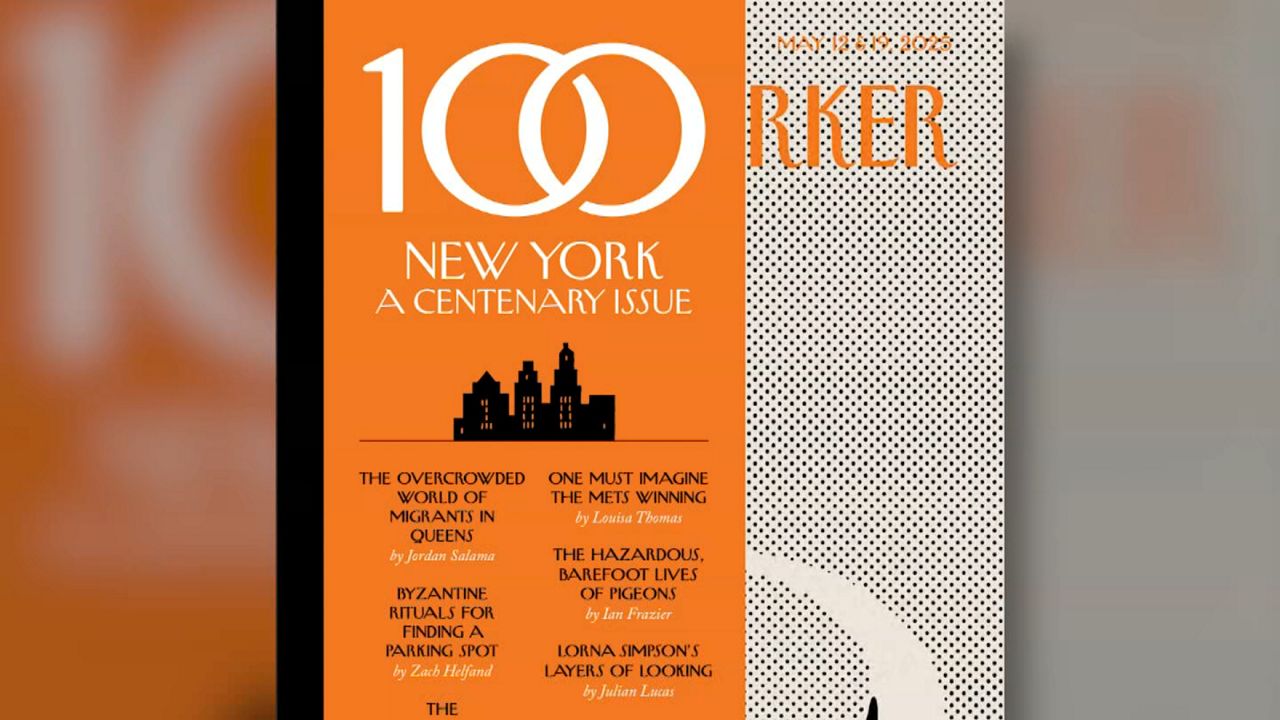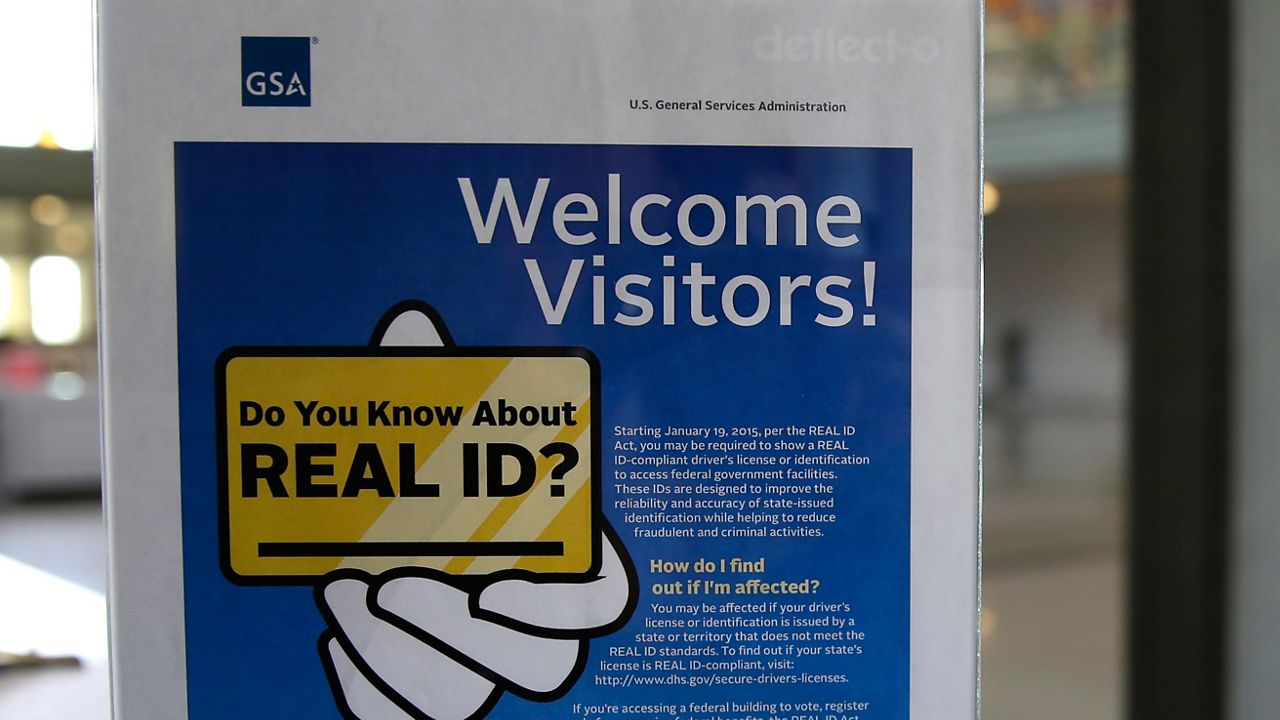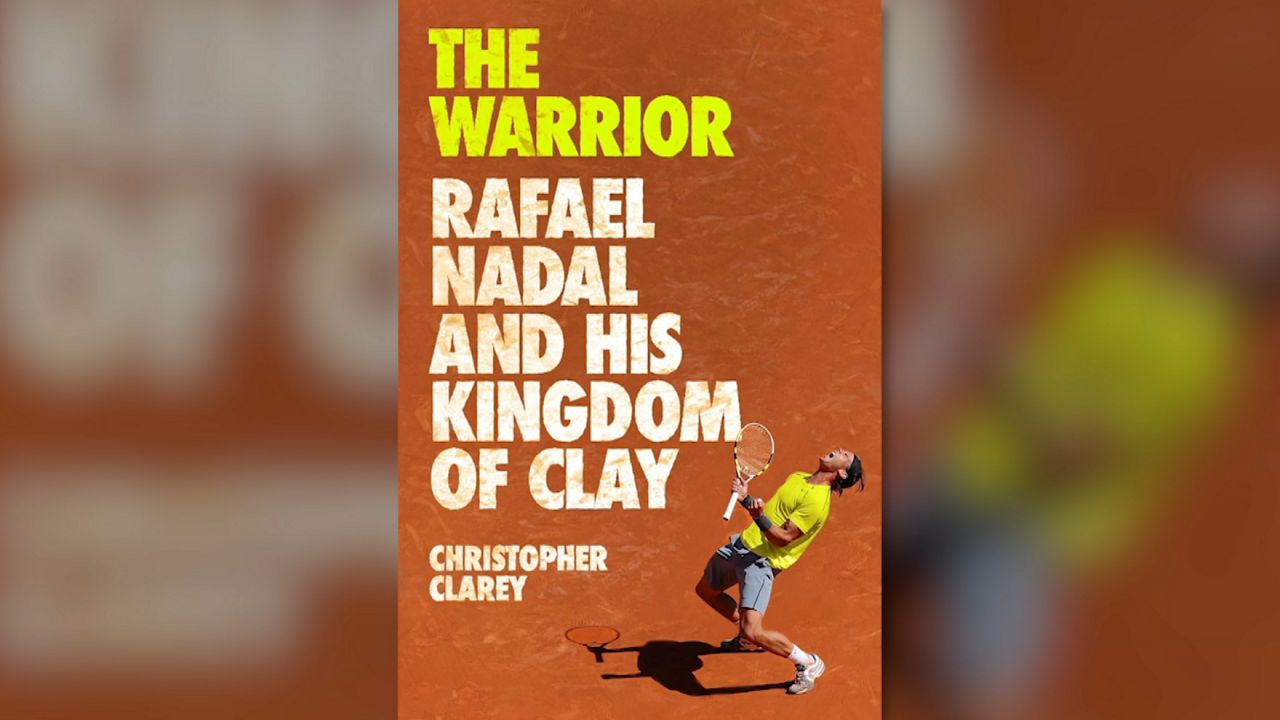New York City will have an “amazing opportunity” to create new green space in Queens following the allocation of federal funds to the city under the Reconnecting and Communities Grant, Deputy Mayor Meera Joshi said Wednesday.
The U.S. Department of Transportation has announced the city will be awarded $117 million for the Queensway Project, a plan that would transform a 3.5-mile stretch of abandoned railway into a greenway space for pedestrians. Additional, $5.6 million will be allocated for projects aimed at improving the north and south corridors of the Brooklyn-Queens Expressway.
“For the Queensway project, it is a large chunk to develop the park, and it's really an important piece because it's a linear park, so it allows for recreation, activity, it connects 93,000 people to green space as well as 10 schools and all of those schoolchildren,” Joshi said during an appearance on “Mornings On 1.”
Explaining the funding allocation, Joshi outlined the dual streams of funding, noting the city is receiving both planning money and construction money.
“New York City was awarded both. We were awarded construction money for the Queensway Park and planning money for the BQE,” she sad. “With this planning money, we can design and engineer capping, new green space, bringing life to underneath the elevated spaces, enlivening these communities that were previously really ripped apart by the BQE.”
However, the Queensway Project has not been without its critics. Some transit advocates had hoped for the development of a new rail line in the area, citing the lack of subway access and limited bus service.
Joshi responded to these concerns, however, saying there is still room for a rail line.
“It doesn't necessarily prohibit future investment in rail along the same line. Those two don't directly conflict. But just as transit is connection, parks are immense connections,” Joshi said. “Parks are where New Yorkers go. It's like our daycation. We spend so much time in offices and in our homes, our parks are our green space. They're our community builders. They're good for our health, our recreation.”







__572025_55500_AM_134144985_254339)
